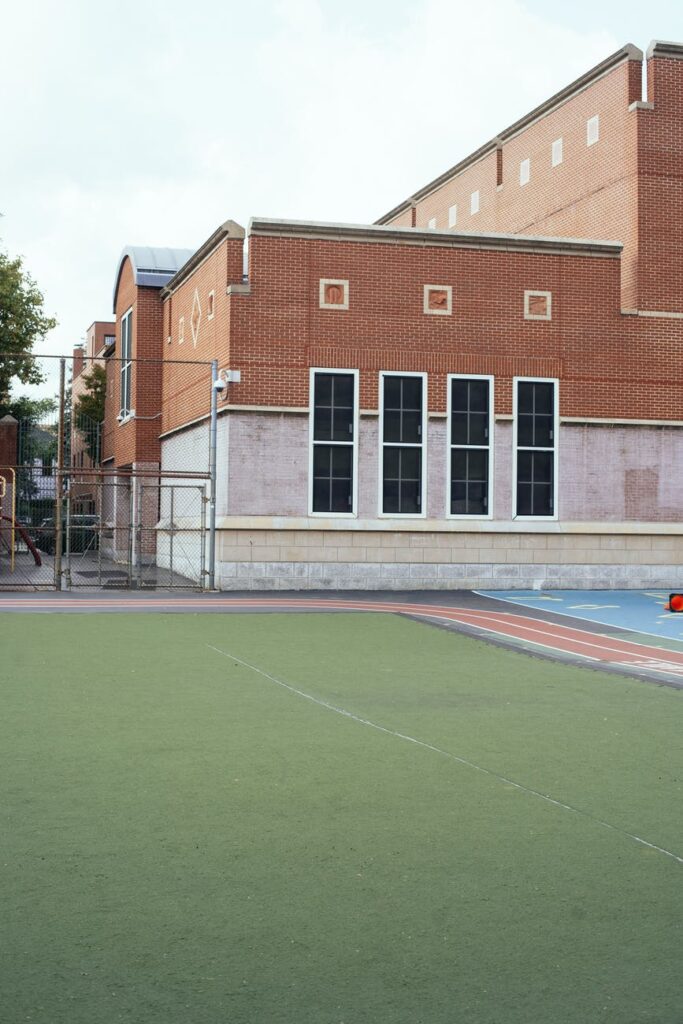Republicans in the U.S. House seem willing to do Trump’s bidding – including by cutting billions in federal dollars that typically flow to public schools.
Unlike the Senate version, which did not cut K-12 funding, the House version slashes $12 billion in school spending (a 15% cut) — including $4.7 billion in cuts to Title I, which funds the nation’s most vulnerable students, constituting a 27% cut to low-income students. Democrats offered amendments to restore the proposed $4.7 billion Title I cut, but all Republicans rejected them.








